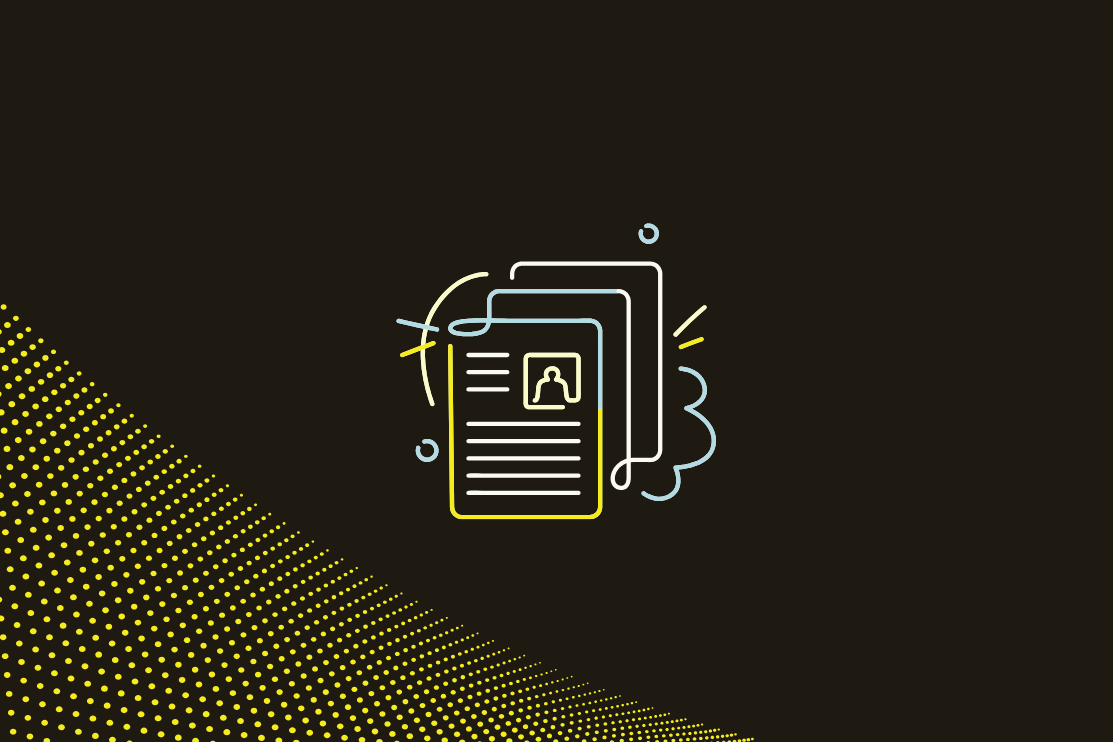The Importance of Relationships and How Social Emotional Learning Supports Them
The Importance of Relationships and How Social Emotional Learning Supports Them
The Importance of Relationships and How Social Emotional Learning Supports Them
The Importance of Relationships and How Social Emotional Learning Supports Them
The Importance of Relationships and How Social Emotional Learning Supports Them
The Importance of Relationships and How Social Emotional Learning Supports Them
Don't miss our breakout sessions!
Book time with our team on-site!
Our team is excited to meet you. Book a time that works best.


For nearly two years, disruption and uncertainty have been the norm in schools and communities. Across schools, students have lacked continuity and regular in-person interactions with peers, teachers, and counselors, for at least some portion of time. Within classrooms, students have dealt with atypical dynamics and constant change and transition due to changing protocols, absences due to Covid, or whole systems switching between learning models. Now, more than ever, students need strong connections, supportive guidance from educators, and opportunities to engage with peers.
Relationships are foundational in schools, and they are fundamental to productive learning, growth, and development. The connections between students and teachers form the development of a supportive classroom community. And, strong relationships between students in a classroom or school are a precondition for social-emotional health, growth, and overall wellbeing.
Lessons, resources, and tools that help strengthen these relationships are core to learning and student success. Well-developed, high-quality social emotional learning (SEL) programs and curricula can work to cultivate meaningful and productive relationships within school and classroom communities.
Relationships Matter
Research has shown that strong teacher-student relationships have significant positive short- and long-term benefits for students, measured on a wide swath of metrics of student outcomes. A meta-analysis of 46 individual studies found that stronger teacher-student relationships were associated with higher grades, better attendance, fewer behavioral issues, and lower drop-out rates. In other words, when students feel connected with and supported by educators, they are more likely to be present and productively engage in school.
In addition to educator-student relationships, peer-to-peer relationships are a prerequisite for student learning, growth, and wellbeing. Research has found that connections with peers and feeling part of a community affects student success and engagement at school. The Greater Good in Education Center out of the University of California, Berkeley has found that, “Peer acceptance…affect[s] students’ sense of belonging in school and their academic achievement.” They cite a study that looked at math achievement for 4th and 5th grade students that found that peer acceptance was positively and significantly related to math achievement. According to the study, “peer acceptance is an important indicator of social functioning and plays a significant part in academic success in the classroom.”
Beyond academics, research has also shown that positive peer-to-peer relationships in schools foster important social development, affect student mental health and wellbeing, and provide experience for students on how to manage and overcome conflicts or obstacles in productive ways. Conversely, the lack of positive relationships with peers can lead to disengagement from school, negative behaviors, and depression.
SEL Builds Relationships
Across the entire K-12 spectrum, social-emotional learning sets the foundation for positive relationship building among classroom and school communities. Early on, SEL instruction and practice teaches children how to manage their own emotions, support the feelings of others, relate to one another with respectful communication, and work together in a productive and mutually supportive way. Here are some ways to support relationship building through social-emotional learning in elementary classrooms:
- Build social-emotional vocabulary and language. Educators and counselors can help young students acknowledge their feelings and learn how to name and describe them. This allows students to open up more in the classroom, share their feelings and opinions, and therefore connect more deeply to those around them.
- Use books and stories to provide examples. For young students, books can provide models of strong friendships and supportive relationships. Educators can use stories to help students identify the qualities of a positive relationship and talk about how characters support and care for one another.
- Role play challenging situations students might encounter. Acting out scenarios can be a powerful teaching tool for young students. Educators and counselors can provide opportunities for students to practice working through hypothetical scenarios they might experience. These types of activities help students to understand the dynamics of relationships while giving them tools to resolve challenging situations.
As students enter the secondary grades, social-emotional learning teaches students how to self-advocate for their personal or academic needs, talk about challenging topics and feelings in a safe, productive way, and work collaboratively to create something new or solve challenging problems. Below are some ways that educators can set an open and supportive tone in classrooms to strengthen relationships, classroom communities, and school climate within secondary schools:
- Start the day by checking in with students. Students recognize when they are valued and cared about by their learning community. When educators take the time to quickly check in with students at the beginning of the day or before a class period, students have the opportunity to share their feelings and ask for support. The dialogue this creates leads to stronger relationships and connectedness.
- Encourage students to encourage one another. Create space and provide models for students to celebrate each other. This creates an asset-minded community dynamic that is valuable both for relationships and learning.
- Foster opportunities for students to talk. When a student truly feels a sense of belonging and connection at school, they are more motivated to work hard, engage in learning, and contribute to the school community. Educators and counselors can foster this connectedness by creating open space for students to share their struggles, successes, or even just a quick friendly greeting.
The Power of Relationships
So many relationships and connections between students, schools, and peers have been physically fractured and strained over the past two years. Counselors, teachers, administrators, and parents are seeing the impacts of this with increased absences and behavioral concerns and declines in student mental health and wellbeing. Because of this, there is a critical and urgent need to focus on building and sustaining relationships at every level.
Counselors and educators can take small steps to nurture relationships that will have big impacts for the entire school community. For when students and teachers feel connected to one another, they engage in deeper conversations, find meaningful ways to support one another, productively engage with academic content, and feel a greater overall sense of fulfillment and happiness.
Building relationships in a school setting is made easier when you're supported by resources that offer access to SEL check ins, activities, messaging capabilities and the likes. See how SchooLinks' platform offers these, and more, to support relationship building and SEL.
Related Posts
See All





